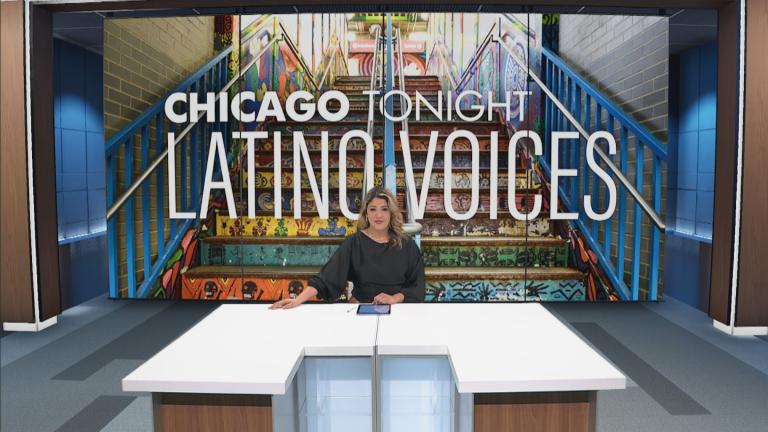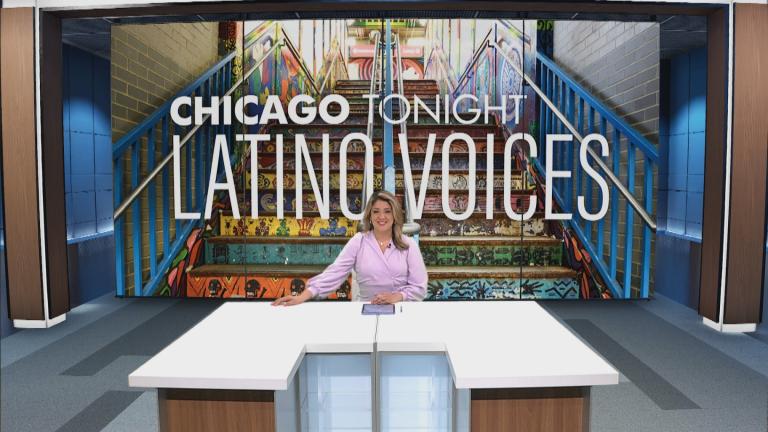The country is once again in mourning after yet another deadly school shooting. Details continue to emerge about the shooting deaths of 19 children and two teachers in Uvalde, Texas. And America’s parents find themselves in a sadly familiar position of having to explain the events to their own children and help them confront fears about violence.
Parents of very young children might be wondering whether they should talk about violent events like the Uvalde shooting at all. But Nilsa Ruiz, associate director of mental health and community initiative at Gads Hill Center, said honesty is the best policy.
“There’s no age too young to talk about these kinds of tragedies. Our brains are sometimes unable to fully process experiences and challenges,” Ruiz said. “Children age 0-5 express their fear by getting closer to their caregiver, either by crying or throwing tantrums. I expect adults and parents to really open and create that dialogue for their children. Talk about how they’re feeling, or just going over certain scenarios.”
Nestor Flores, director of behavioral health initiatives at Pilsen Wellness Center, said an honest approach applies to talking with older children and teenagers as well.
“They’re like sponges, they kind of feel your energy. They can tell when you’re not being genuine. So as a parent if you’re afraid, then I would talk about my fear and have that conversation,” Flores said. “Talk about safety. Remind yourself and your family, how do we make ourselves feel safe again. What do we do? Do we have dinner together? Do we go to church this Sunday? Whatever it takes to make you feel safe again, but mostly it’s that honesty and that transparency.”
Ruiz said that parents should also first attend to their own feelings and fears about traumatic events before shepherding their children through theirs.
“Ask yourself, how much does your child know, and how much do you want to share? Processing the trauma of gun violence can feel incredibly overwhelming,” she said. “Find ways to cope and manage these emotions … you’ve got to remind yourself that your children look at you as role models, so if you practice self-care for yourself, you can do it for them.”
Flores said reports that signs the Uvalde shooter had been experiencing a mental health crisis went ignored are particularly troubling. He urged adults in any child’s life to pay attention to signs of deteriorating mental health and take action.
“Definitely don’t look away from the signs,” he said. “Changes in behavior, they’re isolating, they are self-harming — obviously any of those are a sign of some sort of struggle, it doesn’t have to be that they will be violent, but they are struggling. Things like hurting animals or hurting others or bullying, all those things can conspire to have someone’s mental health deteriorate … It should spur action. Inaction is painful. Look at what we’re witnessing ... So choose what discomfort — do you have a conversation that’s uncomfortable, or keep living these experiences?”








